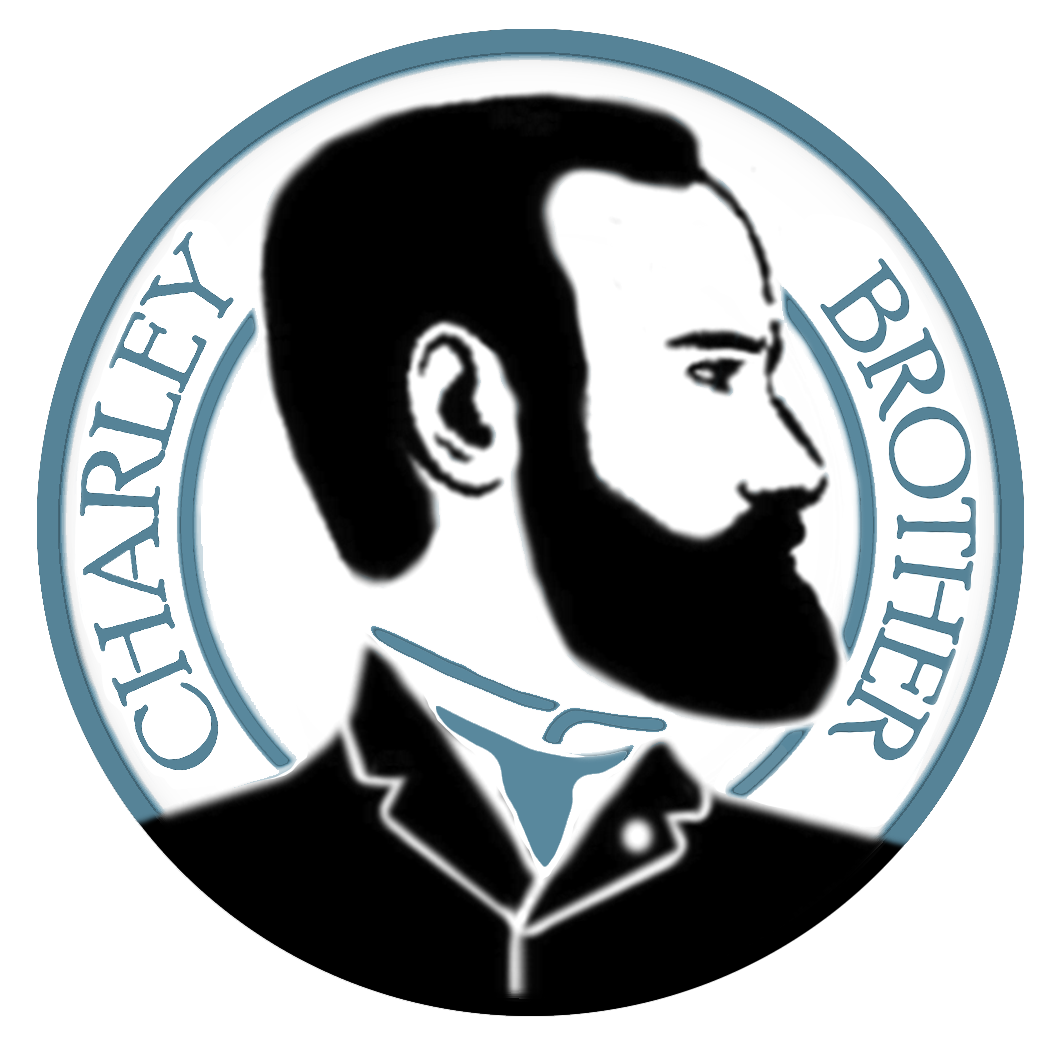The day that Henry Brother and his father Valentine completed their land survey contract for Sodus Bay, New York, they determined to stay over a few more days to sleep long hours before the trek back home. The disorientation of getting gup after sunlight made them both think it was the Sabbath. They took in the view of Lake Erie and its shoreline entertainment, provided by ships dropping anchor with goods exactly right for their celebratory moment.
Henry announced that if the cargo was only barrels of apples, he was quitting. Valentine declared that if the ship brought no whiskey, he was dying.
The view was spectacular and humbling. If the ships did not bring the right supplies, both father and son could hardly complain because their satisfaction was real: they could now go into partnership for any other venture in a heartbeat. Surprisingly, they had been paid in full, despite the agreement that accounts were to be settled only after they submitted receipts in Albany.
Valentine said, “These ships will pour in goods to our homes, farms, villages, and our labors now setting the road nicely for that store. You should take this money and open one with Dudley. I am giving you more of my share.”
“Dudley will drive that way,” He said, pointing south with this apple core before sending it flying the same direction.
“No matter. You have to go and bite it off now – this is the time now. We shouldn’t even be staying long here, for some other bloke will do it before you.”
Soon their eyes landed on a few of the shoremen arguing over spilled trunks. The debate between the men grew into a crowd. Valentine stood up for a better view, but Henry laid back and closed his eyes, happy to have a break in lists or calculations for a few days.
The man with papers finally arrived and broke up the scene and Valentine focused on the Merchant, still flapping arms about the spoiled goods, probably refusing to pay. He asked his son, “You trust Dudley, do you? He a mason?”
Henry didn’t answer. He was again asleep; but Valentine determined he’s send Taylor to track Dudley’s reputation for staying put once he got back to Bath.


![Sketches of the various Societies of Belivers [i.e. Believers] in the states of Ohio & Kentucky. To which is added a slight sketch of Sodus Bay in the northern part of N. York.](https://images.squarespace-cdn.com/content/v1/60d3573873ce1a7dcfdea5de/1630967664423-K1B6KRPKK3XRH9CHES71/1817+ride+back+from+sodus+bay.JPG)









